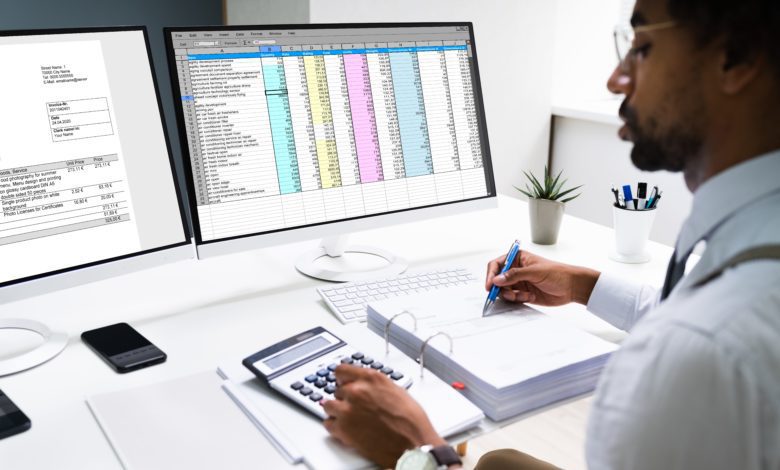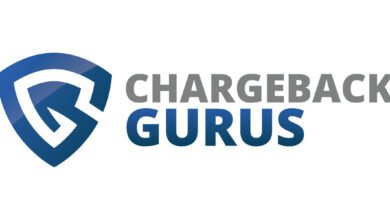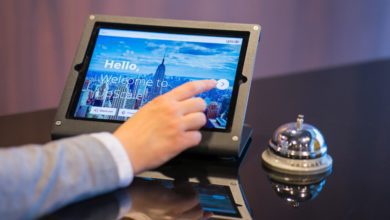
Preparing hotel budgets for 2024 is shaping up to be one of the most delicate tasks – and even with the increasing benefits technology provides to daily hotel operations, the process isn’t getting any easier. In many cases, hotels have been confronted with record levels of uncertainty due to worldwide inflation, the ongoing war in Ukraine, and other geopolitical events.
History stops for no one, and hotels are forced to keep pace with the ongoing rate of change. Unfortunately, this has left operators across the industry unable to rely on historical performance to forecast a reliable budget for 2024. Even the data operators possess leads them to repeatedly reiterate budget expectations, losing time along the way.
Operators are urged to consider implementing automation to fill in operational gaps and manage tasks. These innovations are impacting the industry when locating more profitable customers, sourcing reliable group business, and optimising distribution costs have become necessary. Automation has also become increasingly important in an era influenced heavily by macroeconomic and global trends.
Automation is also a key component of dynamic pricing, which has helped operators maximise their hotel’s value during the most opportune moments of the past few years. For this reason, hotels have several factors to consider when formulating their budgets for the year to come.
The Pricing Problem
The challenge most hoteliers face today lies in finding ways to outperform last year’s Gross Operating Profit (GOP) while simultaneously capturing fair market share. Transcending this metric is a challenge using manual pricing practices. Still, through dynamic pricing, hotels can automatically and rapidly adjust room rates and, in turn, maximise revenue relative to external market forces and trends.
Hotels across the industry have typically chosen special moments to update their rates, with more sophisticated manual operations updating their rates once or twice daily. However, most hoteliers usually take a “set it and forget it” approach to setting rates. This has led many operators to take a reactive approach to generate revenue, whereby adjustments are only made following a significant event or abrupt increase in profitability.
Increasing room revenue impacts a hotel’s overall earning potential more than most operators realise. Increasing revenue through occupancy or other means can result in a ripple effect that increases total hotel revenue by introducing more guests to ancillary services and offerings. For example, revenue optimisation strategies ensure hotels are at peak occupancy for more nights at the right price, introducing more guests to the hotel breakfast or spa over more occupancy dates.
Automating the Small Stuff
Digging into the nitty gritty details of revenue management requires more than an understanding of data science and a will to comb through the numbers – it necessitates automation. Revenue management companies draw on numerous data points to make the most accurate pricing forecasts and suggestions possible. Individual revenue management companies facilitate billions of pricing decisions across thousands of hotels daily. Competing with this flexibility, intuition, and speed with a manual workforce is less than romantic.
If hoteliers think this sounds difficult, they should also acknowledge its necessity. Hotels are making more pricing decisions than ever, particularly at large, full-service hotels replete with a wellspring of amenities. These properties are positioned to benefit significantly from revenue management tools and techniques due to the scope of their operations. However, the speed at which these hotels can digest new information and adjust rates matters most. Case in point, some of the largest and most successful hotels make as many as 14 million daily pricing updates. Attempting to compete with this level of dynamic pricing aptitude without automation is daunting, regardless of your property’s size.
The New Profitability
Additionally, hotels across the industry have begun experimenting with attribute-based pricing (ABP), a guestroom booking strategy allowing travelers to purchase individual attributes during the booking process. ABP can improve the guest experience with better personalisation while optimising countless aspects of hotel operations and budgeting, from room revenue to demand for labour and even purchasing decisions.
The challenge is defining their guest’s attributes and investing in suitable systems, which require budgeting and planning for their adoption over the long term. Hotels must also consider nuances when selling features to different travellers. For example, corporate bookings typically value other attributes compared to families traveling on a tight budget, and delivering the right packages or attributes to them during booking is vital for revenue optimisation.
Additionally, ABP cannot be effectively deployed without bringing down the silos separating departments such as marketing, distribution, operations, and revenue management. As long as these departments remain locked in place, they will continue to focus on growing their key performance indicators and potentially miss out on the value of an all-encompassing revenue management strategy.
Major brands, including Hilton, Marriott, and IHG, have started following this wave. Dynamic pricing, automation, and other emerging technologies are vital to the continued success of hotels worldwide. Operators have spent the last few years reworking their strategic vision to include technology as a critical component going forward, and revenue management continues to lead the pack as the linchpin of hoteliers’ revenue success.
When considering these elements, building a solid budget for 2024 requires looking beyond monthly room nights and ADR by market segment. Instead, operators should also include a hotel’s room type performance, channel contribution, and the number of guest arrivals in their forecasts. These key performance indicators directly impact a hotel’s bottom line but are difficult to track manually. Therefore, a robust budgetary plan for revenue optimisation in 2024 should be underscored by a focus on technology alongside a desire to achieve total revenue optimisation.
Michael McCartan is the Area Vice President, EMEA for IDeaS Revenue Solutions. Discover more about how IDeaS can help your hotel unlock rapid revenue growth with intelligent, automated pricing and inventory decisions.









